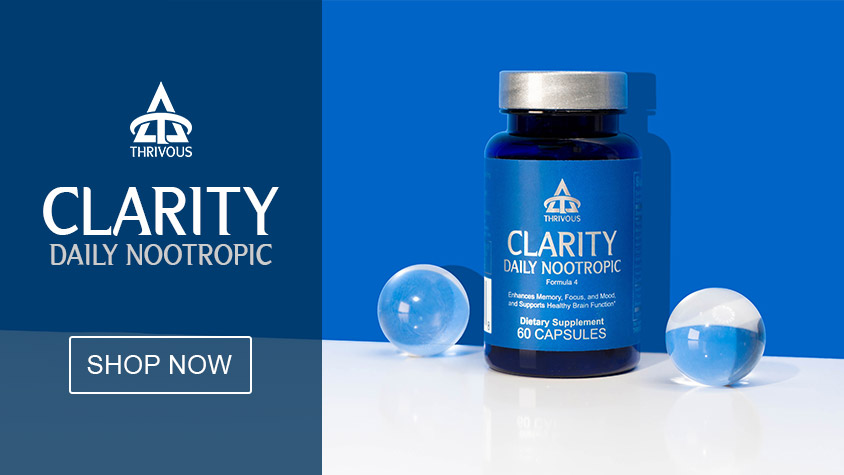Silk Protein Fibroin Hydrolysate for Memory Enhancement

A recent study on silk protein fibroin hydrolysate (silk fibroin) has renewed interest in its potential to enhance memory. Products that contain silk fibroin include the Swanson NeuroSilk and the Natrol Cognium supplements, with the branded extracts Brain Factor 7 (BF-7) and Cera-Q. Reviews of these supplements are essentially reviews of silk fibroin, which appears to be their only active ingredient. Swanson advertises NeuoSilk for "maximizing your mental power." And Natrol advertises Cognium "for a sharper mind."
What Is Silk Protein Hydrolysate?
Fibroin is a protein found in the silk produced by the silkworm, bombyx mori. It is heavy with the amino acid glycine, which makes up about 48% of the protein. Chemists apply hydrolysis to produce fibroin hydrolysate, which may improve bioavailability of the protein.
Researchers have investigated silk fibroin for use in sutures, nanoparticle delivery systems, and various types of wound coverings. Because the human body breaks it down over time, silk protein hydrolysate side effects appear to be rare, and the risk of immune response is low.
Does Silk Fibroin Work?
In the past, studies of silk fibroin in oral supplements have been tainted with redactions, casting suspicion on its efficacy. Even when supplements show effect on cells in a lab dish, they don’t always have the same effect when ingested orally. That's important to keep in mind when considering any products that purport to enhance memory, like Cognium or Prevagen.
To get a better idea of the dependability of silk fibroin, I've compared the results of the new study to those of a bacopa monnieri study. Bacopa is an herb that is well-studied for memory enhancement. And this particular bacopa study is a double-blind placebo-controlled trial in which researchers used the same memory tests as those used in the silk fibroin study.
The Silk Fibroin Study
The silk fibroin study was conducted in Korea. It included researchers that work for the company that provided the supplement, so there may have been a conflict of interest. It was a three week study involving 76 healthy participants between the ages of 28 and 92, with an average age of 60.
The study used the Rey Auditory Verbal Learning Test (AVLT), and the Rey Complex Figure Test (CFT). Because these tests require knowledge of the English language, the researchers used versions translated into Korean: the Rey-Kim Auditory Verbal Learning Test, and the Rey-Kim Complex Figure Test. Unlike the authors of the bacopa study, the silk fibroin study authors did not discuss test subscores, such as for false positive memory.
Participants were split into four groups, and were given placebo, 280 mg, 400 mg, or 600 mg of silk fibroin enzymatic hydrolysate. The results, which I discuss below, were similar between the 400 and 600 mg groups.
A Bacopa Monnieri Study
A comparable bacopa study was conducted in Australia. The researchers declared no financial or other conflict of interest in the study. It was a 12 week study involving 81 healthy participants over the age of 55, with an average age of 65.
Like the silk fibroin study, the bacopa study used the AVLT and the CFT. The authors point out that their AVLT results were similar to those observed in other bacopa studies, led by Calabrese and Stough.
Silk Fibroin and Bacopa Compared
As part of the AVLT, a list of 15 words is given to participants, who then repeat it back from memory. The process is repeated 5 times with the same list of words.
On the fifth repetition of the list, in both the silk fibroin and the bacopa study, participants in the groups using the active supplements recalled an average of one additional word more than participants in the placebo groups.
When the results of all 5 repetitions are added together, active supplement takers in both studies remembered about three words more than they did without using the supplements. And this was significantly better than the results of the placebo groups.
For the CFT memory test, a figure is shown, copied, then drawn again later. The silk fibroin and bacopa studies used different delay periods. Participants using silk fibroin showed a statistically significant improvement. Participants using bacopa also showed an improvement, but it was not statistically significant compared to placebo.
According to these studies, both silk fibroin and bacopa supplements improve word-related memory. The bacopa results have been replicated several times in other double-blind placebo-controlled studies. It will be interesting to see if the results of the silk fibroin study can be replicated in future studies, with independent researchers. It would also be interesting to test whether the effects of silk fibroin are distinct from the effects of glycine supplementation.
Editor Note:
If you are looking for a supplement that will help you improve your memory, Thrivous recommends Clarity Daily Nootropic. Each serving of Clarity provides a dose of bacopa monnieri that corresponds to the doses that scientists have tested and found to be effective for improving memory in multiple peer-reviewed, double-blind, placebo-controlled studies. Buy Clarity today!
More Articles
Read more articles at Thrivous, the human enhancement company. You can browse recent articles in Thrivous Views. See other Nootropics or Product Comparison articles. Or check out an article below.
-
High Bandwidth Brain Interfacing Coming Soon
In a recent appearance on the Joe Rogan podcast (yes, the same where he smoked weed), Elon Musk said that ...
-
Good News, Old News, and Fake News
The news summaries in Pulse are my personal selection of health sciences and human enhancement news. This week happened to be ...



